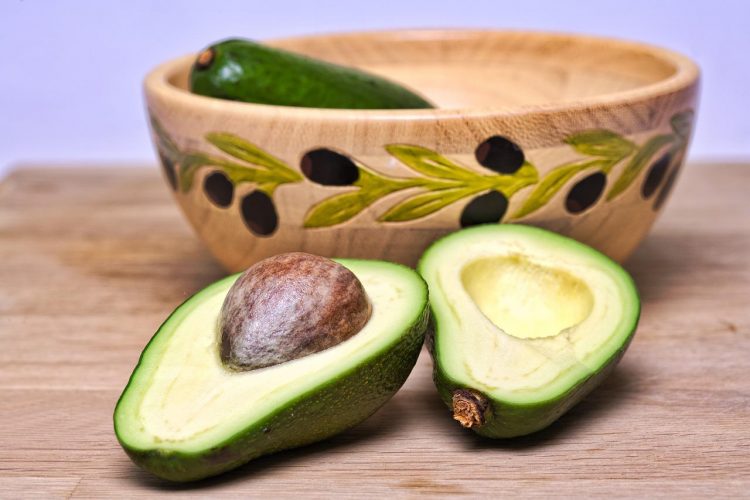Your best friend when it comes to brain health is monounsaturated fats. Monounsaturated fats, as well as polyunsaturated fats, make up the myelin sheath of the brain. Neurons benefit from this coating because it insulates them and promotes fast neurotransmission. Monounsaturated fats are, however, chemically stable, unlike polyunsaturated fats. Besides being safe to consume, oils primarily composed of these fats seem to have numerous benefits for the body.

Monounsaturated fats are found in avocados, avocado oil, and macadamia nuts, and are nearly 50 percent of the fat content of salmon and beef. Extra-virgin olive oil is perhaps the most famous source of monounsaturated fat. Greek, Italian, and Spanish extra virgin olive oils are the ultimate sauce in Mediterranean countries where Parkinson’s and Alzheimer’s disease rates are low, as well as on beef, beans, vegetables, bread, pizza, pasta, seafood, and even in soups and desserts.
In New York City’s Eataly, I have a friend named Nicholas Coleman who is chief oenologist: They don’t drizzle olive oil, rather they pour it on. Even under extreme conditions, EVOO retains a significant amount of nutritional value–contrary to popular belief. Despite that, it’s still better to save high-heat cooking for saturated fats, which are chemically the most stable, and we’ll cover those next.
As one of the most protective large-scale dietary patterns against cardiovascular disease and neurodegeneration, the so-called Mediterranean diet is frequently cited by epidemiologists (scientists who study health and disease in population samples and derive associations from the data collected). According to recent research, adherence to a Mediterranean-style diet leads not only to better long-term health outcomes (such as a reduced chance of developing dementia).
But the major limitation of epidemiological studies is that they are observational, making it impossible to pinpoint which aspects of the diet are causally implicated in such benefits.30 But as I’ve mentioned, the major limitation of epidemiological studies is that they are observational. To address this gap and specifically investigate the positive effects of monounsaturated fat on mental performance, scientists in Barcelona conducted a trial comparing a low-fat diet (which is still widely recommended) to two experimental Mediterranean diets with higher fat contents.
One of the experimental diets included nuts like almonds, hazelnuts, and walnuts, which are all great sources of monounsaturated fat. Additionally, extra-virgin olive oil was included in the other experimental diet. Participants were given a liter of olive oil a week to consume in the high olive oil group. Keep in mind that a liter of olive oil contains more than 8,000 calories, more than the number of calories an individual would consume in a week! After six years, both groups – those who supplemented their diet with nuts and those who supplemented with olive oil – retained and improved their cognitive functioning, although the olive oil group had a slight edge.
As the low-fat control group declined, so did the low-calorie group. By swishing some EVOO (preferably organic) back and forth in your mouth, you will come to know its grassy, peppery taste. Stock your kitchen with extra virgin olive oil, and use it in low-to-medium-heat cooking, on vegetables, eggs, and fish, and in as many salads as possible.






